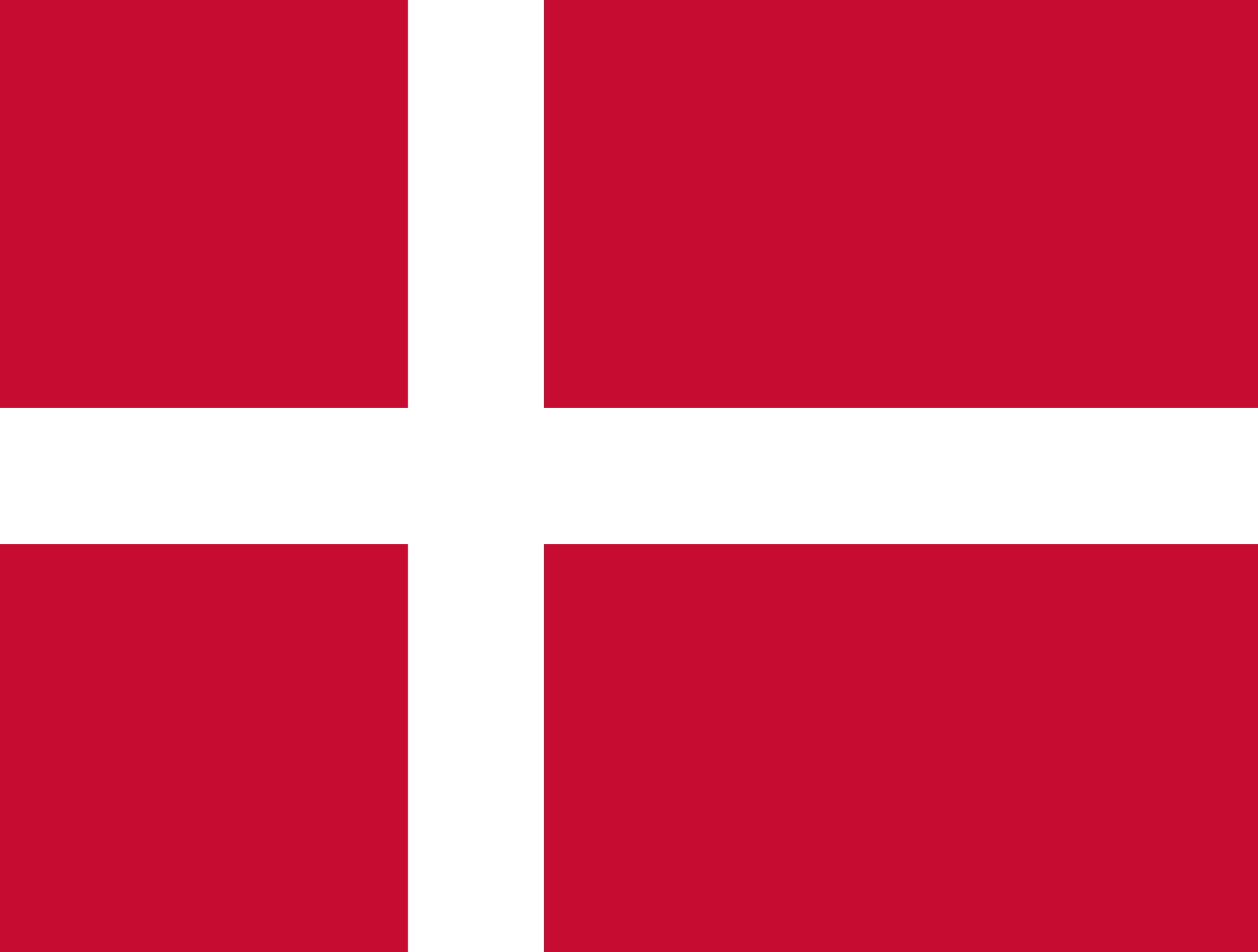DACAAR Publishes New Studies and Reports
DACAAR Publishes its Annual Report 2019
DACAAR 2019 annual report will give you an insight into DACAAR's activities, successes and challenges throughout the year. DACAAR in 2019, managed to extent its humanitarian coverage in 34 provinces of Afghanistan.
Facing serious challenges, such as insecurity and the fallout from the presidential elections, DACAAR remains committed to make sure that no one who needed assistance is left behind. “The challenges are not over. The challenges may be even greater, but we are strong and will achieve our aim of building the foundations for a better Afghanistan.” stated John Morse, DACAAR's Director.
DACAAR achieved its objectives by implementing various activities under the thematic areas of Water Sanitation and Hygiene (WASH), Natural Resources Management (NRM), Small Scale Enterprise Development (SSED), Women's Empowerment (WE) and Citizens’ Charter Afghanistan Project (CCAP). 618,499 beneficiaries were reached during the year. For more information please click: here
Danish International Development Agency (Danida) Funds Used to Conduct a Study on Afghanistan Sustainable Development Goals and Triple Nexus
The study was conducted by SAMUEL HALL, to examine where and how DACAAR should align its strategy with the Afghanistan Sustainable Development Goals (SDGs), National Priority Programs and the Triple Nexus.
The triple nexus is a continuation of long-running efforts to link Relief, Rehabilitation and Development (LRRD), going a step further to link these with the aim to end conflicts. Adding the peacebuilding side to the organization’s efforts, will shift it from being the double nexus of humanitarian-development aid, to triple nexus with peace being "the third leg of the triangle".
“The study resulted in the development of a toolkit, which will help DACAAR and other NGO partners to identify the linkage of Afghanistan Sustainable Development Goals, with their interventions and how to contribute to peacebuilding in Afghanistan through their work with Afghan communities. It also reveals where the gaps are and how organizations can further contribute to fill them.” said Shah Wali, DACAAR’s Deputy Director.
Norwegian Ministry of Foreign Affairs (MFA) and DACAAR Commission a Mid-term Evaluation of Rural Development Programme in Faryab Province
Conducted by an independent consultancy firm (Tagheer Mosbat), the evaluation looks into the achievements of the Norwegian MFA funded project “Rural Development in Faryab Province” mid-way through implementation. The evaluation uses the OECD DAC criteria to investigate the efficiency, effectiveness, relevance, impact and sustainability of the interventions that DACAAR has been undertaking in the province.
The evaluation made use of a comprehensive desk review and 350 individual surveys, 24 in-depth interviews and 31key informant interviews, to make clear findings and recommendations for the remaining period of the project.
The DACAAR’s Norwegian MFA funded program aims to improve health, livelihood and quality of life on a sustainable basis among targeted communities in Faryab. The report’s key results show:
“As a governor of Faryab province, I praise and commend DACAAR for its extraordinary programs and transparency. It is evident that DACAAR has delivered good services to the most vulnerable communities of Faryab, and we highly expect DACAAR to continue its services to our people in the future as well.” said Dr. Naqibullah Fayeq, Faryab Governor.
 Danish
Danish